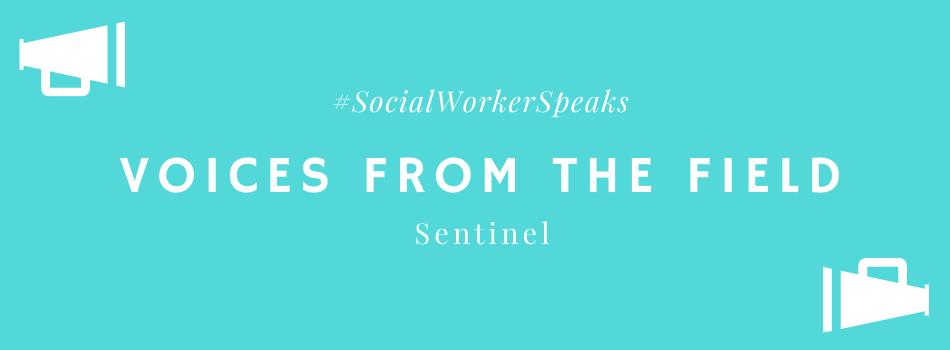
#2 When Rehabilitation gets intertwined with victimization
Faiza (name changed) is a victim of commercial sexual exploitation, rescued in February 2018, at the age of 16. Since then, the child has been living in a Children’s Home. The CWC had passed an Order for Faiza to be in the Home till she completed 18 years of age in September 2020. Prerana had been directed to follow-up with the child and assist her with her rehabilitation process.
Faiza had been attending formal education classes through the Home but over the past few months, she had been expressing an interest in appearing for her SSC examinations through a regular school. Prior to her rescue, Faiza had studied in an English medium school, and now she wished to go back to the same school. The issue was presented before the Child Welfare Committee and also mentioned in the follow-up reports. The Superintendent also appreciated the child’s interest in joining a regular school, and was of the opinion that if the family was not the accused in the case or responsible for her exploitation, she could be restored earlier than planned, to ensure that she is able to join her school from the coming academic year. The Child Welfare Committee was deliberating on the same and asked for more reports to make a decision.
The Superintendent further suggested an organisation that could assist Faiza with her educational needs. Upon following-up on her suggestion, it was found that the organisation offered various career options for victims of sex trafficking. If a victim of sex trafficking was interested in pursuing one of the courses, she was also provided with a monthly stipend and linked with resources near her residence to help her prepare for the same (like being enrolled in a coaching class or a school/college, etc). As Faiza’s mother was not stable financially, this seemed to be a good opportunity for the child to pursue.The Superintendent had spoken to Faiza about the same, and she seemed to be on board with the idea.
A few days later, Faiza was eager to talk to the social worker, and requested an individual interaction. She seemed to be overwhelmed, and was very worried about the requirements of the organisation to access their programmes. According to the child, she was being asked to sign a paper consenting to the assistance from organisation. She had been informed that her photo or video would also be recorded by the staff of the organisation. The organisation, reportedly, had informed Faiza that the picture and video might be put up on their social media platforms to showcase as ‘success stories’. They had further informed Faiza that many victims are open to disclosing their identity, accepting and narrating their ordeal, and how they eventually wanted to pursue a career to combat sex trafficking. Faiza seemed quite distressed at the thought of sharing her ordeal of being a victim of sex trafficking on her way to rehabilitation. She did not feel comfortable at the thought, and started crying while talking about it. The social worker tried to make the child understand that she had the option of opting out of something that she was uncomfortable with.
Additionally, Faiza was interested in becoming a teacher or a writer which were not among the options provided by the organisation. Faiza also shared that the in-house counselor had informed her that she was too young to be able to make a decision for her life, and she should pick one of the options provided. Faiza did not feel comfortable with this either.
It seemed like Faiza felt cornered into collaborating with the organization. According to her, she was being pressured into signing the consent form at the earliest. She was 17, and was scared of making a decision about the future on her own. She was so nervous, that she did not want to attend a regular school if this was a condition to access that. The social worker helped the child calm down, and helped her understand that she had a right to ask for confidentiality. In the end, the social worker suggested that the child request for a meeting with her mother and the Child Welfare Committee to provide her with information and clarity she would require in making the decision. Faiza seemed happy and calmer with this suggestion, and was keen on following the same.
Any organization disclosing the identity of a child declared to be a child in need of care and protection as a success story goes against the principle of right to privacy and confidentiality and the principle of fresh start as envisaged in the Juvenile Justice (Care and Protection of Children) Act, 2015. In this case, the mere thought of voicing her ordeal before a camera re-victimized the child to the extent of giving up her desire to pursue education through a regular school. Collaborating to provide assistance in rehabilitation is always important, but it is also necessary to be aware if the collaboration is coming with a cost which is not in the best interest of the child.
To be or not to be? Questions on motherhood searching answers
The blog post was first published on Dr. Pravin Patkar's Blog 'Expressions'. The post sheds light on the impact and Read more
In the current COVID and lockdown situation, one of the adversely affected communities is the migrant communities. Our Sanmaan project Read more



